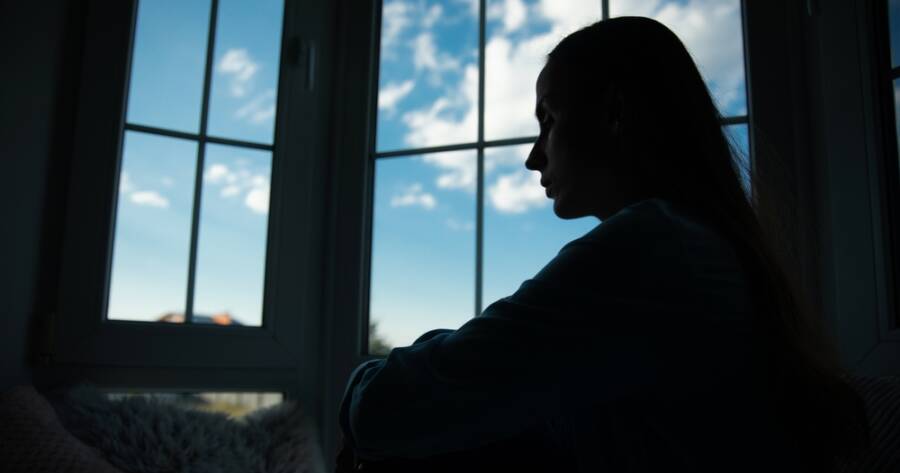Depression is a serious mental health condition that affects millions of people worldwide. It goes beyond temporary sadness or feeling down and can interfere with daily life, relationships, and overall well-being. Recognizing the signs of depression is the first step in seeking help and finding the right treatment. While everyone experiences ups and downs, persistent symptoms of depression may indicate a need for professional support. Understanding when to seek help can make a significant difference in recovery and quality of life.
Common Signs of Depression
Depression presents itself in different ways, and symptoms can vary in intensity from person to person. Some of the most common signs of depression include:
1. Persistent Sadness or Low Mood
One of the hallmark symptoms of depression is feeling sad, hopeless, or empty for most of the day. This mood may not be linked to any specific event and can last for weeks or even months.
2. Loss of Interest in Activities
People with depression often lose interest in hobbies, socializing, or activities they once enjoyed. This can include withdrawing from friends and family, skipping favorite pastimes, or avoiding responsibilities.
3. Fatigue and Low Energy
Feeling constantly tired, sluggish, or physically drained is another key symptom. Even after sleeping for long hours, individuals with depression may struggle with motivation, concentration, and completing daily tasks.
4. Changes in Sleep Patterns
Depression can lead to insomnia (difficulty falling or staying asleep) or hypersomnia (excessive sleeping). Both patterns can contribute to worsening fatigue and feelings of exhaustion.
5. Appetite and Weight Changes
Some individuals may lose their appetite and experience unintentional weight loss, while others may turn to food for comfort, leading to weight gain. Significant changes in eating habits can be a warning sign of depression.
6. Feelings of Worthlessness or Guilt
People with depression often experience excessive guilt, self-blame, or feelings of being unworthy. They may dwell on past mistakes or feel like a burden to others.
7. Difficulty Concentrating
Depression can affect cognitive function, leading to difficulty focusing, remembering details, or making decisions. This may impact work, school, and daily life.
8. Irritability and Restlessness
While depression is commonly associated with sadness, some individuals experience increased irritability, frustration, or anger. Small inconveniences may feel overwhelming.
9. Physical Aches and Pains
Depression can cause unexplained headaches, digestive issues, muscle pain, or other physical symptoms that do not improve with medical treatment.
10. Thoughts of Death or Suicide
The most severe symptom of depression includes suicidal thoughts, self-harm, or feeling that life is not worth living. These thoughts should always be taken seriously, and immediate help should be sought.
When to Seek Help
It’s essential to seek help if:
- Symptoms last for more than two weeks.
- Depression interferes with work, school, relationships, or daily responsibilities.
- There are thoughts of self-harm or suicide.
- Coping strategies, such as exercise or talking to loved ones, do not improve mood.
Taking the First Step: Seeking Help for Depression
Recognizing the signs of depression and seeking professional help is a crucial step toward recovery. Whether through therapy, medication, or lifestyle changes, depression can be managed with the right support. If you or someone you know is struggling, reach out to a mental health professional, support group, or trusted friend. Seeking help is a sign of strength and an important step toward healing.

